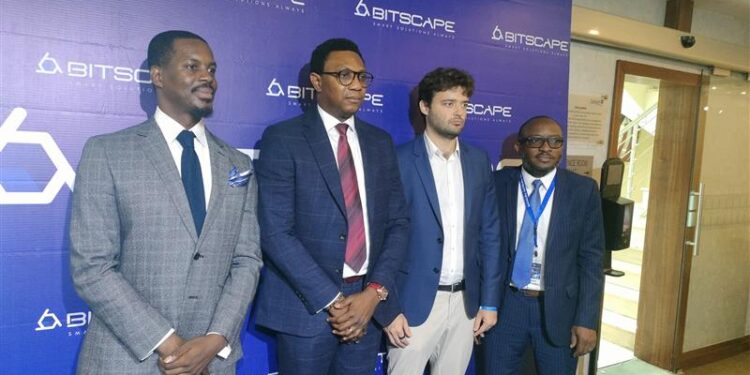Nigerian Banks Face Urgent Call to Action as Cybercrime Costs Soar
Nigerian banks are at a critical juncture, facing a stark choice: invest heavily in cybersecurity or risk losing the war against a rapidly evolving digital enemy. According to a new report from the Nigeria Inter-Bank Settlement System (NIBSS), financial institutions in Nigeria lost a staggering N52.26 billion to fraud in 2024, a 195% increase from the N17.67 billion recorded in 2023.

This alarming trend has prompted cybersecurity experts to issue a dire warning: banks must step up their defenses to match the growing sophistication of cybercriminals.
The New Cybersecurity Battlefield: AI vs. AI
Speaking at a recent cybersecurity forum organized by Bitscape, experts highlighted a major challenge: the speed at which cloud technologies and Artificial Intelligence (AI) are evolving.
These innovations, while offering immense opportunities for businesses, have become a “double-edged sword” in the hands of cybercriminals. As Mr. Frank Egwakhide, Chief Information Security Officer at DLM Capital, put it, “You cannot have a hacker coming with an AI tool while you are still relying on manual detection. It has to be AI versus AI.”
This “AI arms race” means that Nigerian banks can no longer rely on traditional, manual security methods. Hackers are now using AI to automate and scale up attacks, from creating hyper-realistic deepfakes for social engineering scams to deploying more effective phishing campaigns. To combat this, banks must also leverage AI for real-time threat detection, automated incident response, and advanced fraud prevention.
The Challenge for Smaller Institutions
While larger Nigerian banks have the budgets to invest in advanced cybersecurity, smaller organizations and fintech firms often lag behind. Mr. Nonso Magulike, Executive Director of Bitscape, noted that many small to medium-sized businesses either don’t fully grasp the risks or are unaware of cost-effective security solutions.
This gap in awareness and resources makes them prime targets for cyberattacks. The Bitscape forum was organized to bridge this gap, providing practical and affordable solutions to help businesses of all sizes fortify their defenses.
Magulike emphasized that effective cybersecurity is not just about having the latest software or a high-tech firewall. It requires a holistic approach that integrates people, technology, and processes. This means training staff to recognize and report threats, implementing strong internal controls, and fostering a culture of vigilance.

Beyond the Box-Ticking: The Role of Compliance
The conversation also touched on the role of regulators. Mr. Ayodeji Faleto, Head of Compliance at Crystal Finance, praised regulators for their efforts but urged firms to go “beyond surface-level compliance.”
He stressed that a truly secure system is one that can withstand attacks even when regulators aren’t watching. This message serves as a reminder that genuine security comes from a commitment to a robust defense posture, not just from meeting regulatory requirements.
The Nigerian banking sector is facing a new and formidable threat. With the cost of fraud soaring and cybercriminals leveraging cutting-edge technology, the time for half-measures is over. The experts’ consensus is clear:

Nigerian banks must significantly increase their investment in cybersecurity, embrace AI as a defensive tool, and adopt a holistic, vigilant approach to protect not just their own assets, but the trust of their customers and the stability of the entire financial ecosystem.
Join Our Social Media Channels:
WhatsApp: NaijaEyes
Facebook: NaijaEyes
Twitter: NaijaEyes
Instagram: NaijaEyes
TikTok: NaijaEyes







































